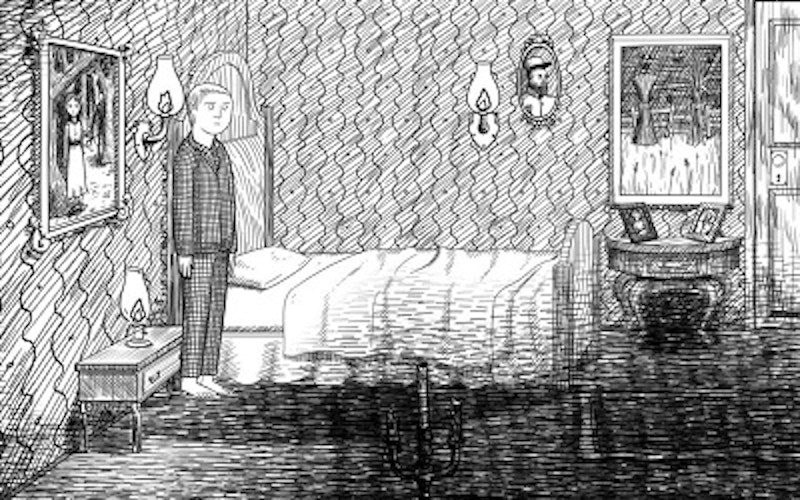
Games
When video games are designed for disempowerment
Research suggests that one of the primary reasons people play video games is because they make us feel powerful. Thus we stomp on goombas, shoot terrorists, steal cars and blow up aliens. This desire to feel powerful is also, perhaps, what makes people so suspicious about video games. But to assume that all video games are power fantasies would be to miss an important and substantive trend in game development - designing for disempowerment.
The story of most video games is the opposite of the Gospel story. In the Gospel, the all-powerful God of the universe saves the world by making Himself nothing. In most video games, players take on a form more capable than them and forcefully exercise their power to save the world. In the Gospel, Jesus does not transcend a lowly estate but humbles Himself to the point of death on a cross. In most video games, players not only adopt positions of power but continue to grow in power as they progress. Video games are about salvation through empowerment, while the Gospel is about salvation through the willing sacrifice of power.
I recently attended the 2014 Game Developers Conference in San Francisco, where I played a number of games that challenge the status quo of empowerment. These games illustrate human weakness by deliberately limiting the power of players.
In Neverending Nightmares, a game about mental illness, you cannot fight any of the game's monsters; you can only hide or run from them. Your speed is limited due to your character's asthma. In White Night, you control an injured man who must search an abandoned house for medicine. Your movement is constantly limited by your injuries. Your visibility is limited because you only have a pack of matches to briefly illuminate the dark house.
These games illustrate human weakness by deliberately limiting the power of players.
This year's Independent Games Festival Grand Prize winner, Papers, Please, puts players in control of a border-crossing agent of a Soviet country during the Cold War. Papers, Please provides your character a salary based on your performance of admitting only legal immigrants into the country. Admitting illegal immigrants results in fines that reduce the salary with which you can provide food and medicine for your family. Refusing passage to illegal immigrants sends them back to debilitating poverty and oppression in a war-torn country. It is a game experience that forces us to acknowledge how deeply broken our world is and how we are sometimes powerless to fix it.
In Thralled, a game set to release in the fall, players control Isaura, a runaway slave and mother of a newborn baby in Brazil in the 1700s. As you seek to guide Isaura to safety, your movement is constantly limited by the fact that Isaura must take care of her baby. In order to progress through various areas, you must place the baby down in order to move objects. When you place the baby down, however, death, represented by a ghostly figure, slowly approaches. In Thralled, placing Isaura's baby down is appropriately terrifying. Thralled asks you to care for the weak from a position of weakness.
While games that appeal to our desire for power still dominate the industry, it is important to note that there are a growing number of games that force us to acknowledge our human weaknesses and limitations. Such games take us a step closer to the Gospel by challenging us to willingly enter the world of characters less capable than ourselves, understand them and guide them safely home.
Topics: Games, Culture At Large, Arts & Leisure